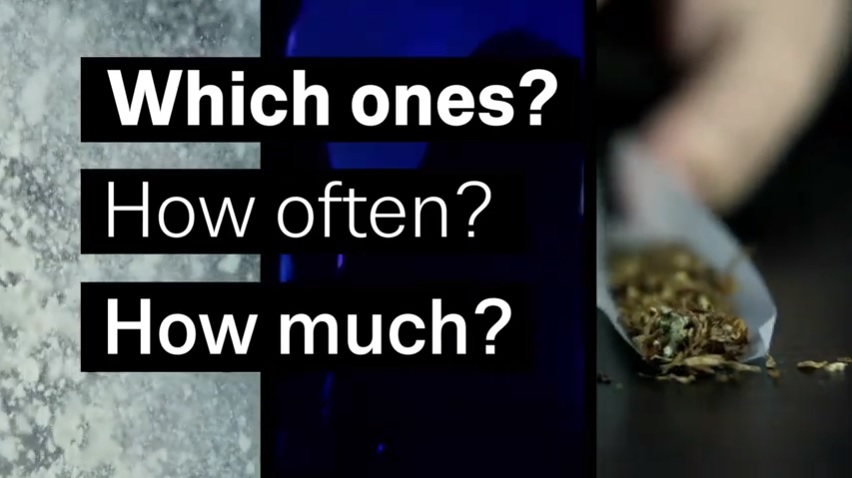Reitox – the European information network on drugs and drug addiction – was set up by the European
Monitoring Centre for Drugs and Drug Addiction (EMCDDA) in 1993 and is composed of 30 national
monitoring centres or national focal points (NFPs) in the 28 EU Member States, Turkey and Norway, as well as a focal point at the European Commission. The NFPs, from which the agency draws the bulk of its data, collect and analyse national information on drugs, drawing on various sectors including health, justice and law enforcement.
Representatives of candidate, potential candidate and neighbouring countries of the EU joined members of
the EMCDDA’s Reitox network in Lisbon on Tuesday 22 November 2016 for the kick-off of the agency’s fifth Reitox week. The purpose of this annual event was to broaden the scope of regular Reitox meetings,
underline the importance of the EU drug monitoring model and add impetus to the agency’s technical
cooperation with countries outside the EU.
The 2016 Reitox week (21–25 November) united 38 nations including the current 30 members of the
network and a number of beneficiary countries of the European Instrument for Pre-Accession Assistance
(IPA) and the European Neighbourhood Policy (ENP).
The Reitox week encompasses three events: international cooperation project-related meetings; a Reitox
‘extended network’ meeting (this year focusing on ‘Drugs and recreational settings’) and the regular Heads
of focal point meeting. During the extended meeting, experts and researchers from 10 countries (Belgium,
Denmark, Spain, Croatia, Hungary, Austria, Poland, Portugal, Slovakia and Serbia) shared available data on substance use in open-air music festivals and other recreational and nightlife settings. In particular, they looked at the experiences and challenges faced by festival organisers and at existing interventions targeting the consequences of substance use in this context. A special focus was placed on prevention strategies and on the evaluation of their effectiveness.
Alexis Goosdeel, EMCDDA Director, said: “With this meeting, we aim to gain a deeper understanding of the dimension of problems associated with substance use in specific recreational settings, such as open-air
music festivals and nightlife venues. Our discussions this week will help us shed light on the potential, yet
often underused, role of local regulators, party organisers and parents organisations in reducing
substance-use-related problems in these settings. They will also help EU and partner countries identify
possible steps towards implementing evidence-based interventions to tackle this issue”.
Irena Molnar, representative of Drug Policy Network South East Europe delivered the speech “The culture
of substance use: New Psychoactive Substances in Serbia and SEE region”, focusing on setting in which
psychoactive substances are use in recreational setting. She emphasised that the National and regional
wide researches and advocacy for nightlife outreach harm reduction programs and recreational setting in
general should be conducted, so we can be aware of the situation specifics we are dealing with in all of the
countries in the SEE region. Countries of SEE that are in period of accession to EU (and those already
involved) should look and learn from the examples of a good practices that exist around the Europe and
start supporting implementation of harm reduction programs for partygoers. Sharing information on safety, offering young people and partygoers information on health risks so that they can make an informed decisions regarding their drug and alcohol use should be essential.



 During the session on Prevention of infectious diseases, DPNSEE Executive Director Milutin Milošević presented Situation in the Western Balkan countries. Besides presenting the Network and briefly describing the type of data that are available to us, a detailed view on the situation in the Western Balkan countries was given including prevalence of HIV, HCV, HBV among people who inject drugs, provision of harm reduction services and access to treatment, barriers and challenges and relevant policies in the region.
During the session on Prevention of infectious diseases, DPNSEE Executive Director Milutin Milošević presented Situation in the Western Balkan countries. Besides presenting the Network and briefly describing the type of data that are available to us, a detailed view on the situation in the Western Balkan countries was given including prevalence of HIV, HCV, HBV among people who inject drugs, provision of harm reduction services and access to treatment, barriers and challenges and relevant policies in the region.

